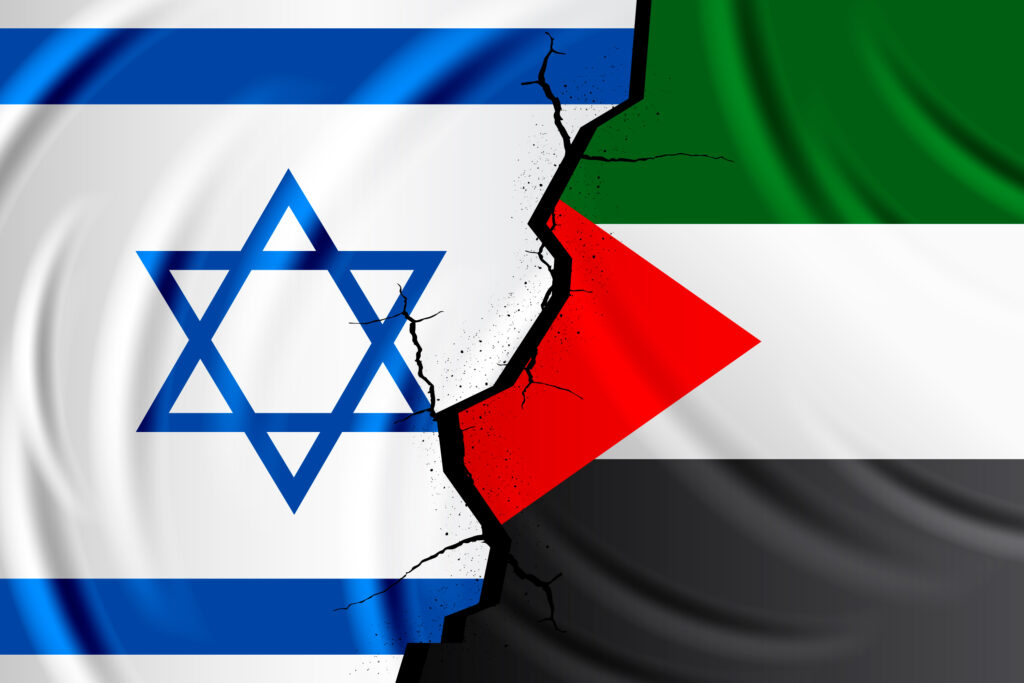Israel’s Security Cabinet voted overwhelmingly to endorse a ceasefire agreement with Hezbollah, marking a significant step towards ending nearly 14 months of intense conflict. The deal, brokered by the United States and supported by France, aims to establish a permanent cessation of hostilities between Israel and the Iranian-backed militant group. This ceasefire comes in the wake of escalating violence that has resulted in thousands of casualties and widespread displacement on both sides of the Lebanese-Israeli border.
Background of the Conflict
The conflict between Israel and Hezbollah intensified following Hamas’s attack on Israel on October 7, 2023. This event triggered a broader regional escalation, drawing Hezbollah into the fray as it launched retaliatory rocket attacks against Israeli territory. Over the past year, the violence has claimed the lives of approximately 3,800 people in Lebanon and displaced over a million residents. In response to these provocations, Israel has conducted extensive military operations in southern Lebanon, targeting Hezbollah’s infrastructure and leadership.
Key Provisions of the Ceasefire Agreement
The ceasefire agreement is set to take effect at 4 AM local time on November 27, 2024. Under its terms, both sides will observe a 60-day truce during which Israeli forces will gradually withdraw from southern Lebanon. Concurrently, Hezbollah is expected to relocate its fighters north of the Litani River, approximately 20 miles from the Israeli border. The Lebanese Army will be deployed to take control of areas previously held by Hezbollah, ensuring that its military presence is dismantled and preventing any rearmament.
President Joe Biden emphasized that this ceasefire is designed to be a “permanent cessation of hostilities,” aimed at restoring stability in the region. He stated that the U.S., along with France and other allies, would work closely with both Israel and Lebanon to monitor and enforce the terms of the agreement.
Reactions from Israeli Leadership
Israeli Prime Minister Benjamin Netanyahu expressed strong support for the ceasefire during a televised address. He highlighted that while Israel values international support, it retains the right to respond decisively to any violations of the agreement. Netanyahu stated, “If Hezbollah breaches the agreement and attempts to rearm, we will strike.” His comments reflect Israel’s ongoing commitment to maintaining security along its northern border.
The Israeli Security Cabinet approved the ceasefire with a vote of 10-1, indicating broad consensus among government officials regarding the need for de-escalation. However, Netanyahu also made it clear that Israel would continue its military operations against Hamas in Gaza, underscoring that this ceasefire pertains specifically to Hezbollah.
Challenges Ahead
While the ceasefire represents a hopeful development in reducing hostilities between Israel and Hezbollah, several challenges remain. The effectiveness of the Lebanese Army in enforcing this agreement is uncertain. Historically, Lebanon’s military has been reluctant to confront Hezbollah directly due to its significant political power within Lebanon. Concerns have been raised about whether Lebanese forces can adequately monitor compliance with the ceasefire terms or if they will face resistance from Hezbollah militants.
Additionally, there are fears that any violations could quickly escalate into renewed conflict. Netanyahu’s government has made it clear that it will respond forcefully to any infractions by Hezbollah. This stance raises questions about how both sides will navigate potential provocations during this fragile period.
International Support and Oversight
The international community has expressed cautious optimism regarding the ceasefire agreement. The United States has pledged support for monitoring compliance through existing mechanisms involving UN peacekeepers and international observers. The goal is to ensure that both parties adhere strictly to the terms laid out in the agreement.
Lebanon’s Prime Minister Najib Mikati welcomed the ceasefire as a crucial step towards stabilizing Lebanon after months of turmoil. However, he also acknowledged that lasting peace requires addressing broader regional issues beyond just Israel-Hezbollah relations.
Conclusion
The endorsement of a ceasefire agreement between Israel and Hezbollah marks a critical juncture in Middle Eastern geopolitics. As both sides prepare for a temporary halt in hostilities, there is hope that this ceasefire could pave the way for more comprehensive peace efforts in the region. Nevertheless, challenges remain regarding enforcement and compliance, particularly given Hezbollah’s entrenched position within Lebanese society.
As tensions continue to simmer in Gaza and other parts of the region, international stakeholders must remain vigilant to ensure that this ceasefire leads not just to an end of fighting but also contributes to long-term stability for both Israel and Lebanon. The coming weeks will be crucial as both nations navigate this delicate transition towards peace amidst ongoing challenges.




